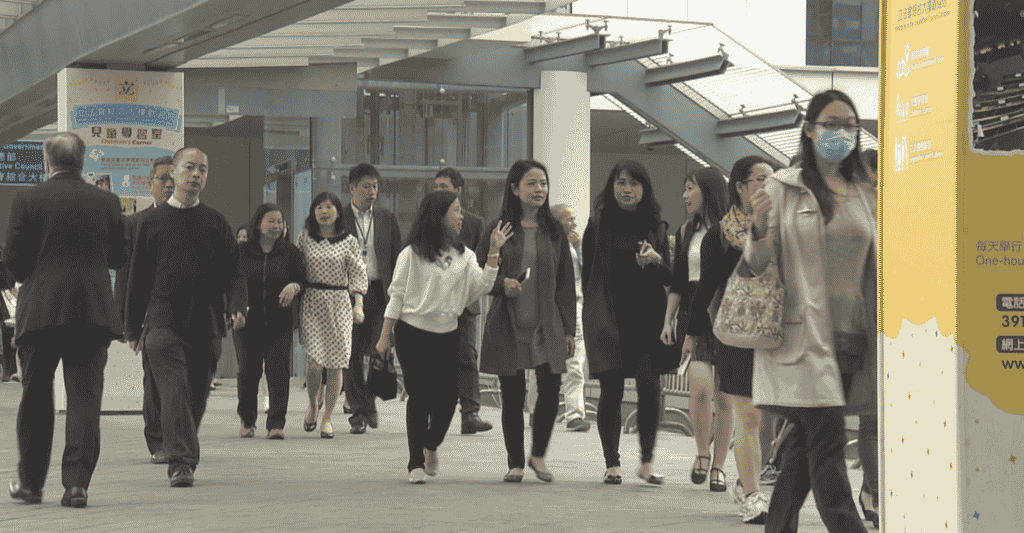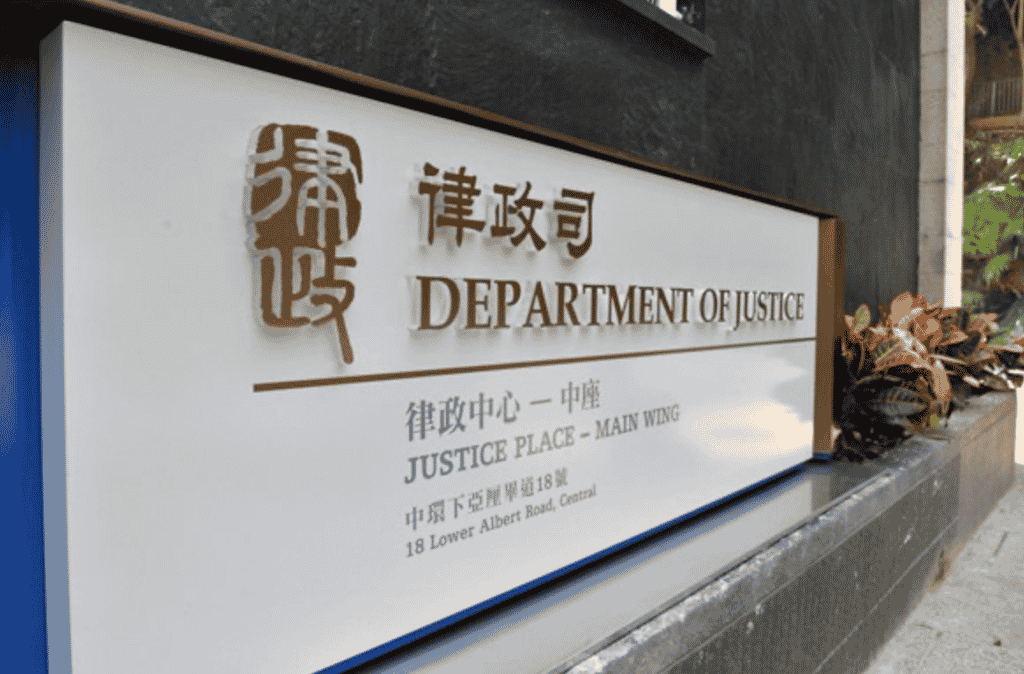"Governance" Thematic Research Series
Good public governance relies on excellent governance talents and talent reserves. In Hong Kong, governance talents come from many sources.
The civil service is the backbone of the Hong Kong Special Administrative Region government, assisting the current Chief Executive and the government in formulating, interpreting and implementing policies, performing various administrative affairs, providing services to the public, and performing law enforcement and regulatory functions [1]. Directorate-level civil servants and administrative officers, etc., have different roles and functions in Hong Kong's governance. Many of the previous Chief Executives and politically appointed officials have come from the civil service system; the civil service is an important source of talent for Hong Kong's governance.
For young people who have just entered social work, many will consider joining the civil service as one of their important career options. In fact, the civil service system also needs to continue to attract new blood to join, so that the system can be continuously updated and inherited to adapt to the new needs and development of society.
Hong Kong's social and political environment has undergone rapid changes in recent years, and the government's prestige has been severely impacted. The civil service has been exposed to controversy and is easily one of the targets of criticism. Under the principle of patriots governing Hong Kong, society's requirements for the capabilities and quality of civil servants will inevitably increase. Figures show that the resignation rate of civil servants has increased in recent years; the level of competition for administrative officer positions has also shown a downward trend.
Against this backdrop, one wonders whether the civil service still has advantages in attracting and retaining talents. How to effectively improve the capabilities and quality of the civil service to cope with new challenges is also worthy of consideration by all sectors of society.
This study attempts to understand the orientation and considerations of the younger generation towards joining the civil service from the perspective of youth, thereby exploring the challenges faced by the civil service system in absorbing and nurturing talents, and putting forward feasible suggestions on relevant aspects. As the demand for governance talents in Hong Kong society continues to increase, we hope to bring enlightenment on how to consolidate the advantages of the civil service team and maintain the governance effectiveness of the SAR government.
This study collected data from March to April 2021, including literature references and on-site youth opinion surveys. A total of 527 young people aged 18 to 34 were interviewed, and 15 young people were interviewed. and visits with 5 experts and academics.
Main results of the study
- Hong Kong's civil service has been in operation for many years, and its contributions have been recognized. However, the public has considerable reservations about its performance evaluation in recent years. How to help the civil service keep pace with the times and continue to perform as it should, deserves attention.
- The young people interviewed have many concerns about whether they will consider joining the civil service. This inevitably raises concerns about the long-term impact on the recruitment of outstanding talents for the civil service; the problem of brain drain in the civil service has also gradually emerged.
- In an increasingly complex environment, Hong Kong's civil servants are being tested on their sensitivity to the country and society, and their ability to integrate with the world with a more forward-looking vision.
- The society lacks trust in the SAR government, and mutual trust between the government and the civil service also faces many challenges. Hong Kong society has accumulated many people's livelihood problems. The government authorities should work together with the civil service to do practical things, win recognition with political achievements, and rebuild trust from all parties.
Research main recommendations
- Expand talent recruitment channels for the civil service, encourage the SAR government to recruit potential candidates as early as possible, and at the same time strengthen the government's network of talent sources.
- Develop a training and development framework that helps Hong Kong’s civil service connect society, the country and the world, so that the civil service can better demonstrate its political acumen with a broad perspective, respond to Hong Kong’s special environment, and prepare for more possible changes in the future .
- Led by the Civil Service College, it will expand the space for collaboration with tertiary institutions, enhance the quality of the SAR government's policies, and promote the international development of Hong Kong's civil servants.
- Strengthen the promotion of the public service spirit of the civil servant profession, on the one hand, strengthen the sense of mission of civil servants, on the other hand, consolidate the professional image of the team and stimulate team morale.
[1] Civil Service Bureau. 2009. Civil Service Code (September 2009).



